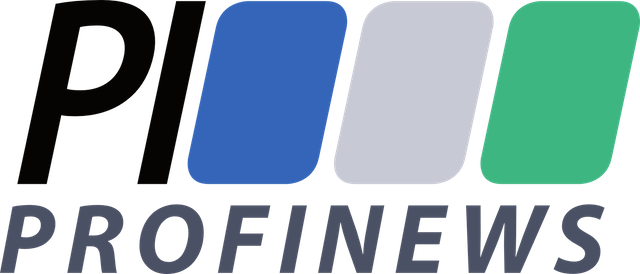 The modern continuous development of standardized technologies guarantees companies (that integrate them) long-term economic success. PI has lived this principle consistently since its beginning. This accounts for almost 30 years of success. Not least because of this, PI members increasingly rely on PROFINET. However, in order to make this technology viable, PI’s dedicated Working Groups have recently integrated a set of basic TSN functions into the PROFINET specification and specified semantics for device description.
The modern continuous development of standardized technologies guarantees companies (that integrate them) long-term economic success. PI has lived this principle consistently since its beginning. This accounts for almost 30 years of success. Not least because of this, PI members increasingly rely on PROFINET. However, in order to make this technology viable, PI’s dedicated Working Groups have recently integrated a set of basic TSN functions into the PROFINET specification and specified semantics for device description.
In order to guarantee maximum global success however, the second step is to introduce and enforce the specified mechanisms in the relevant international standards. Many PI experts are therefore active in national and international standardization organizations and have taken on strategically important management functions there.
In addition to an Industry 4.0-focused development of PROFINET, these innovations mainly concern the unconditional support for:
- Coexistence of OPC UA in PROFINET networks
- Open semantics and information models
- Security
The foundation for PROFINET remains the standard unmodified Ethernet standards of the IEEE. Particularly along these lines, several relevant projects are underway in the IEC. On the one hand, based on the IEEE’s standardized TSN with real-time characteristics, a TSN profile is being developed in a joint IEEE / IEC working group which is optimized for use in industrial automation applications (IEC / IEEE 60802 (TSN)). In addition, the standards IEC 61158, IEC 61784-1 and IEC 61184-2, upon which PROFINET is anchored, are being continuously enhanced. The aim here is to introduce new features of PROFINET. On the other hand, in the area of semantics, the standards IEC 61804 (EDDL) and IEC 62769 (FDI), which are firmly established in process automation for standardizing PROFINET device descriptions, are also being continuously updated. In addition, the standard IEC 61987 (CDD) will be extended, in which new relevant semantic identifiers, which are among the basic tenets of Industry 4.0, will be established. It is important PI’s technologies’ features become completely mapped in the standard.
 On these bases, PROFINET will meet all the essential requirements of Industry 4.0-style production systems, such as the distributed and synchronized production of parts as well as flexible production of individualized products down to lot size 1.
On these bases, PROFINET will meet all the essential requirements of Industry 4.0-style production systems, such as the distributed and synchronized production of parts as well as flexible production of individualized products down to lot size 1.
–Peter Wenzel
Executive Director
PI Germany
